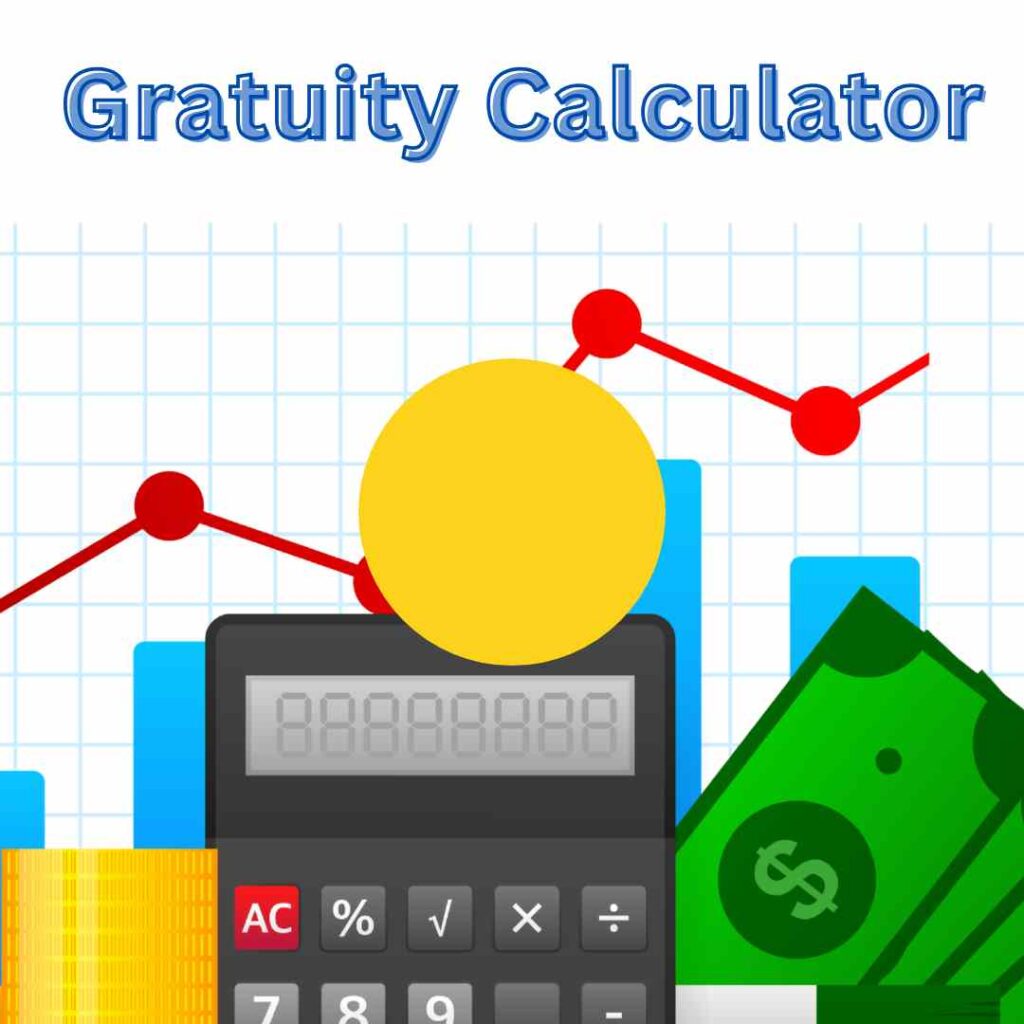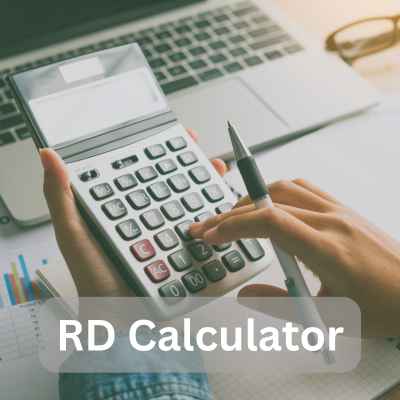Monthly Budget Planner
Income
Expenses
Summary
Total Income: ₹0
Total Expenses: ₹0
Balance: ₹0
Table of Contents
Monthly Budget Planner: The Ultimate Guide to Take Control of Your Finances
💰 Managing money doesn’t have to be stressful. Whether you’re living paycheck to paycheck or saving for a big purchase, a monthly budget planner can transform your financial life. Imagine being able to track every rupee (or dollar), knowing exactly where your money goes, and planning confidently for the future — all without headaches or guesswork.
In this guide, we’ll explore what a monthly budget planner is, why it’s crucial, and how to build one that fits your lifestyle. Get ready to unlock your financial freedom step by step.
📝 What is a Monthly Budget Planner?
A monthly budget planner is a tool—either digital or paper-based—that helps you:
-
Track your income
-
Monitor and categorize expenses
-
Set financial goals
-
Analyze savings and debt
-
Stay financially organized
Budgeting isn’t about restriction; it’s about conscious control. When done right, it empowers you to make informed decisions and achieve financial security.
🎯 Why You Need a Monthly Budget Planner
Whether you’re a student, salaried employee, freelancer, or entrepreneur, a budget planner can help you:
-
✅ Avoid unnecessary debt
-
✅ Save for short- and long-term goals
-
✅ Reduce financial stress
-
✅ Identify spending patterns
-
✅ Make informed financial decisions
“Budgeting is telling your money where to go instead of wondering where it went.” – Dave Ramsey
🛠️ How to Create a Monthly Budget Planner: Step-by-Step
1️⃣ Calculate Your Total Monthly Income
Include all sources of income:
-
Salary
-
Freelance gigs
-
Side hustles
-
Rental or passive income
-
Bonuses or cash gifts
💡 Tip: Use after-tax (net) income for more accurate budgeting.
2️⃣ List Fixed Monthly Expenses
These don’t usually change month-to-month:
-
Rent or mortgage
-
Utilities (electricity, water, internet)
-
Loan EMIs
-
Insurance premiums
-
School or tuition fees
3️⃣ List Variable Monthly Expenses
These fluctuate, so estimating is key:
-
Groceries
-
Transportation/fuel
-
Dining out
-
Entertainment
-
Shopping
-
Medical expenses
🔍 Track your last 2-3 months’ bank statements to estimate these amounts.
4️⃣ Allocate Savings and Emergency Funds
Aim to save at least 20% of your monthly income. Include:
-
Emergency fund
-
Retirement account
-
Travel or investment funds
5️⃣ Set Short and Long-Term Financial Goals
Short-term goals (1-12 months):
-
Pay off a credit card
-
Buy a new phone
-
Save for a trip
Long-term goals (1+ years):
-
Build a home
-
Child’s education
-
Retirement corpus
6️⃣ Choose a Budgeting Method
Select a strategy that suits your lifestyle:
-
50/30/20 Rule (Needs/Wants/Savings)
-
Envelope Method (Cash-based tracking)
-
Zero-Based Budget (Every rupee has a purpose)
📊 Monthly Budget Planner Template Example
| Category | Budgeted Amount | Actual Spent | Difference |
|---|---|---|---|
| Income | ₹50,000 | ₹50,000 | ₹0 |
| Rent | ₹15,000 | ₹15,000 | ₹0 |
| Groceries | ₹6,000 | ₹5,800 | +₹200 |
| Transportation | ₹3,000 | ₹3,200 | -₹200 |
| Savings | ₹10,000 | ₹10,000 | ₹0 |
| Entertainment | ₹2,000 | ₹2,500 | -₹500 |
| Miscellaneous | ₹2,000 | ₹1,800 | +₹200 |
| Total Expenses | ₹38,000 | ₹38,300 | -₹300 |
| Remaining Balance | ₹12,000 | ₹11,700 | ₹300 |
✅ Benefits of Using a Monthly Budget Planner
-
📉 Prevents Overspending
-
💳 Helps Reduce Debt Faster
-
📈 Improves Savings Rate
-
🎯 Keeps Goals in Focus
-
🧘♀️ Reduces Financial Anxiety
📌 Monthly Budgeting Tips You Can’t Miss
🔸 Keep receipts or digitize them via apps
🔸 Revisit and revise your budget monthly
🔸 Set spending limits for high-risk categories
🔸 Include a “fun fund” to avoid burnout
🔸 Use automatic savings transfers
🔸 Review credit card statements weekly
❓ FAQs on Monthly Budget Planner
Q1: How much should I budget for savings?
Aim for at least 20% of your income, but even 10% is a good start. Automate your savings if possible.
Q2: Can I budget with irregular income?
Yes! Use your lowest monthly average income as a base, and allocate extra income to savings or debt repayment.
Q3: How often should I update my budget?
Update it once a month, and review your expenses weekly to stay on track.
Q4: Is budgeting too restrictive?
Not at all! A good budget actually gives you freedom by showing how much you can safely spend without guilt.
Q5: What’s the best budgeting method?
There’s no one-size-fits-all. Start with the 50/30/20 rule, and adjust based on your needs.
🔚 Conclusion: Master Your Money with a Monthly Budget Planner
A monthly budget planner isn’t just a spreadsheet or app — it’s a lifestyle shift. When you take charge of your finances, you’re not just saving money—you’re building a life of purpose, control, and peace of mind.
Whether you’re just starting out or refining your current budget system, the key is consistency and clarity. With time, your budget will become your most powerful financial tool.







